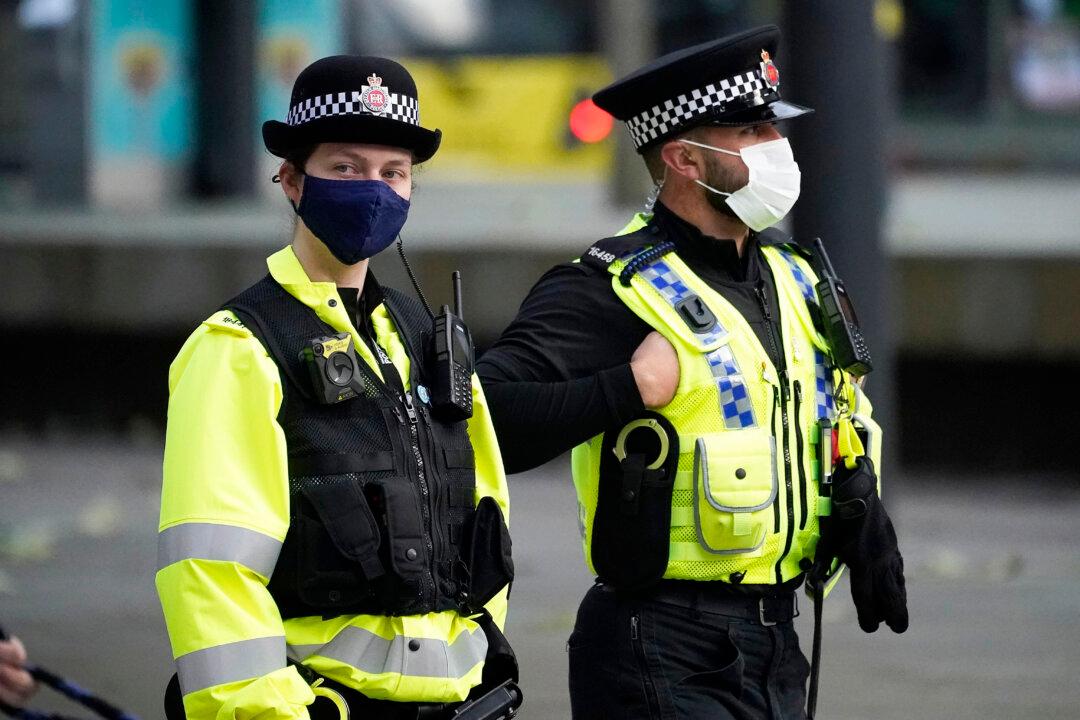England’s third national lockdown, enacted to try to stem the spread of the CCP virus, has legally come into force.
Members of Parliament will later today vote retroactively on primary legislation that will carry the new rules—which have been temporarily enacted under secondary powers by the government—until the end of March.





